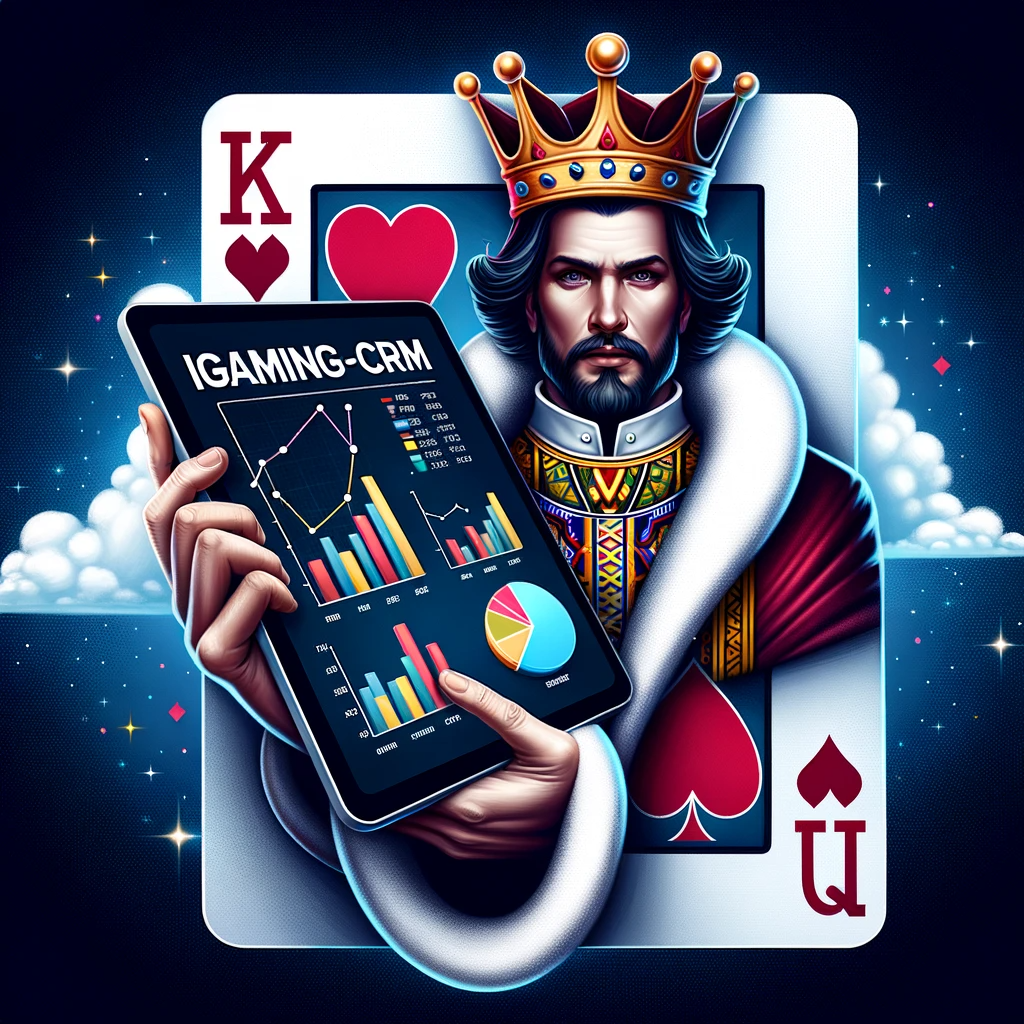How CRM Supports Responsible Gambling

Introduction
Responsible gambling is no longer a checkbox, it’s a necessity. Regulatory pressure, player trust, and platform reputation all hinge on one question: how safe is your game? In the fast-paced world of iGaming, customer relationship management (CRM) systems are evolving to help operators answer that question responsibly. By monitoring behaviors, automating interventions, and managing compliance, CRM platforms are now central to creating ethical and sustainable gaming ecosystems.
The Rising Demand for Safer iGaming Environments
Across markets, regulators are tightening rules. The UK Gambling Commission, Malta Gaming Authority, and various EU bodies have issued stricter mandates around player protection. As a result, iGaming brands must proactively identify harmful patterns like excessive play, chasing losses, or erratic deposits.
CRM systems, already rich with player data, are being upgraded to include these safety indicators. Instead of simply segmenting for offers or loyalty, they now help flag risk. This marks a shift in CRM’s role, from sales to safeguarding.
Behavioral Tracking Within CRM Platforms
Modern CRMs are increasingly behavior-aware. They track variables such as session duration, bet frequency, deposit spikes, and win/loss volatility. When thresholds are exceeded, alerts are triggered.
For example, if a player deposits large sums within a short time frame, the CRM can flag this for internal review. In more advanced setups, the system may auto-send a cooling-off message, pause promotions, or prompt verification checks.
In contrast to older static models, this dynamic flow ensures player behavior is monitored in real-time, improving response speed significantly.
AI and Predictive Alerts for Gambling Harm
Beyond rule-based logic, CRM systems now integrate AI to detect nuanced patterns. Machine learning models assess individual baselines and flag deviations. Therefore, a player who typically wagers ₹500 daily but suddenly bets ₹5000 may be flagged, even if the absolute amount isn’t unusual platform-wide.
These predictive alerts reduce false positives and surface true signs of problematic gambling. More importantly, they enable early-stage interventions. Many operators now embed these alerts directly within their CRM dashboards, making responsible gambling a day-to-day operational task rather than a quarterly audit.
ALSO READ
CRM-Led Intervention Strategies
When risk is identified, CRM-driven automation takes over. Several strategies can be triggered, depending on severity:
- Soft interventions: Email nudges or pop-ups suggesting breaks
- Hard stops: Temporary locks on deposits or gameplay
- Human escalation: Routing the case to customer service for a wellbeing check
- Self-exclusion workflows: Guided opt-outs supported by CRM forms
These are not one-size-fits-all. CRM platforms allow customization per player segment, jurisdiction, and platform rules. As a result, player safety becomes tailored, not templated.
Integrating CRM With Third-Party RG Tools
CRM systems are rarely isolated. Many now integrate with third-party responsible gambling (RG) tools like GamBan, BetBlocker, or Mindway AI. These integrations bring external behavioral science into internal workflows.
For example, a high-risk player may be automatically recommended a blocking tool via CRM emails or in-app messages. This bridges the gap between platform action and player empowerment. Additionally, data from these tools feeds back into the CRM, improving segmentation over time.
Ensuring Regulatory Compliance Through CRM
Compliance reporting can be time-consuming. CRM systems streamline this by logging every intervention, alert, and player response. When regulators request data, operators can instantly export detailed compliance reports.
These reports may include:
- Dates of risk flagging
- Types of interventions used
- Player responses or acknowledgments
- Follow-up actions and outcomes
With GDPR and local gaming regulations growing stricter, such traceability is not just a bonus, it’s essential.
Building Trust Through Transparent CRM Practices
Responsible gambling is not only about protecting players. it’s also about brand perception. Players are more likely to trust platforms that openly care about their wellbeing.
CRM-driven RG initiatives, when communicated transparently, enhance brand value. For example, a well-crafted onboarding journey might inform new users of session limit tools and self-exclusion options via welcome messages.
Over time, this transparency translates into loyalty. It signals that the platform values long-term trust over short-term profit.
Measuring Effectiveness: KPIs That Matter
CRM systems allow for continuous improvement by tracking KPIs related to responsible gambling:
- Reduction in flagged risky behavior over time
- % of interventions that prevent further escalation
- Time-to-action after alert generation
- Player satisfaction post intervention
These metrics help operators refine their approach and demonstrate impact. Furthermore, some platforms even A/B test different messaging styles for interventions, optimizing tone and effectiveness.
A Look Ahead: The Future of CRM and Player Safety
The role of CRM in responsible gambling will only expand. With real-time data streaming and AI-driven insights, platforms will soon be able to run hyper-personalized safety protocols at scale.
Additionally, we may see CRM data influence game design itself, limiting game mechanics or prompting breaks based on individual player fatigue signals.
In the end, responsible gambling will shift from being reactive to fully proactive. CRM systems are already paving the way.


Conclusion
CRM systems are no longer just tools for promotions, they are now central to the ethical operation of iGaming platforms. By detecting risky behavior, personalizing interventions, and documenting compliance, CRM helps balance business growth with player protection. In a future where regulation and trust define success, platforms that embrace responsible CRM workflows will lead the industry.
Call to Action
🎯 Want to implement CRM-led responsible gambling in your iGaming platform? Download our free guide to automated interventions, compliance workflows, and player-first segmentation models.
